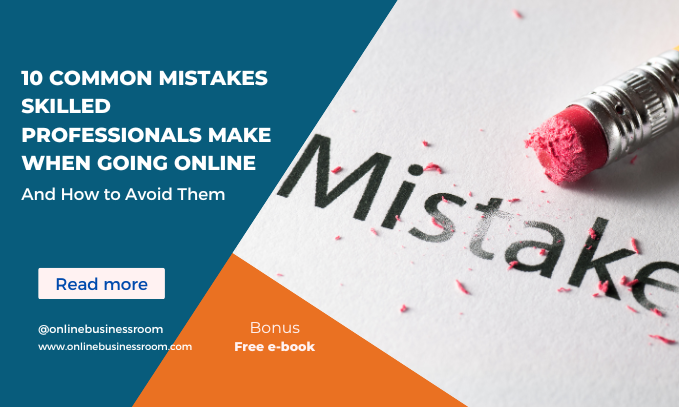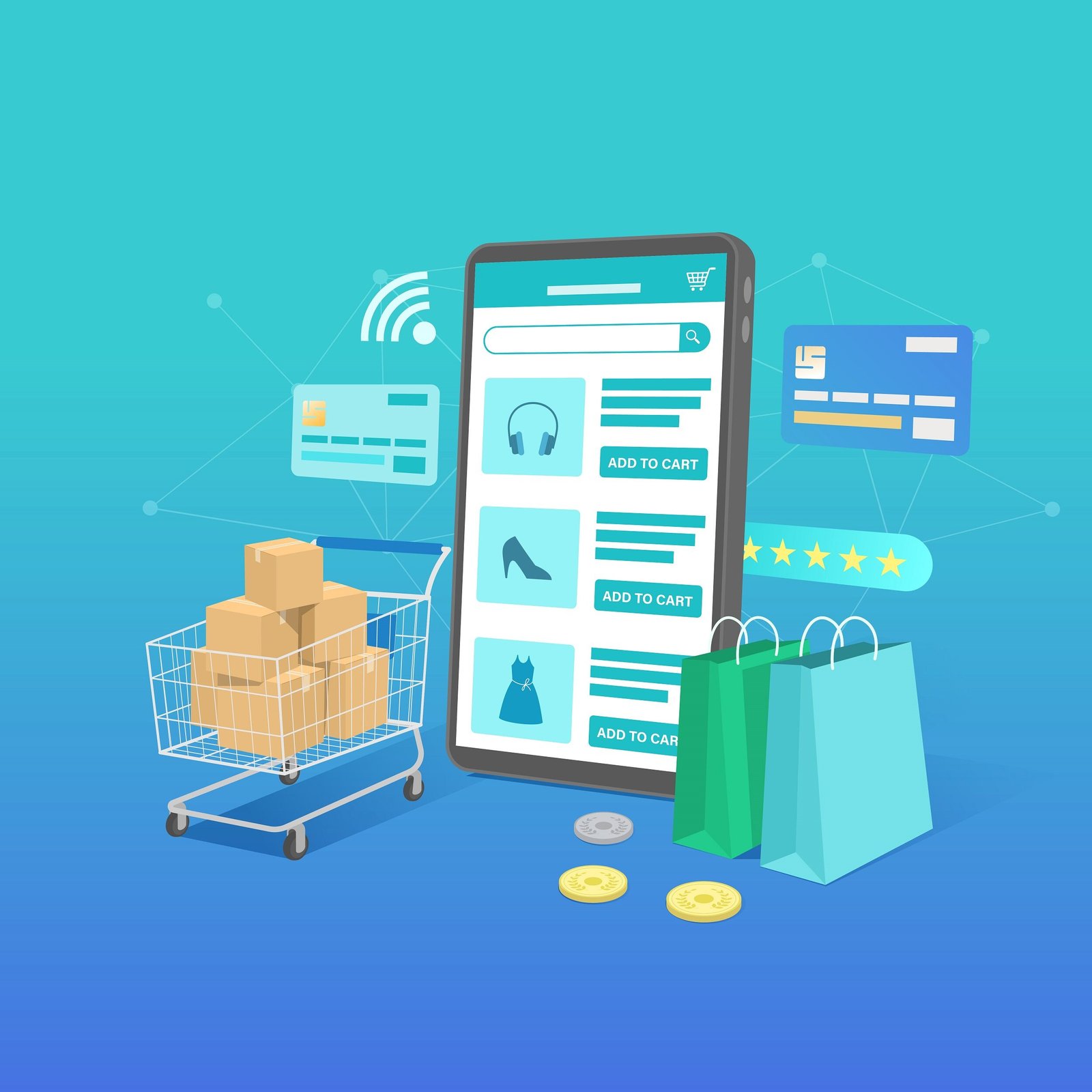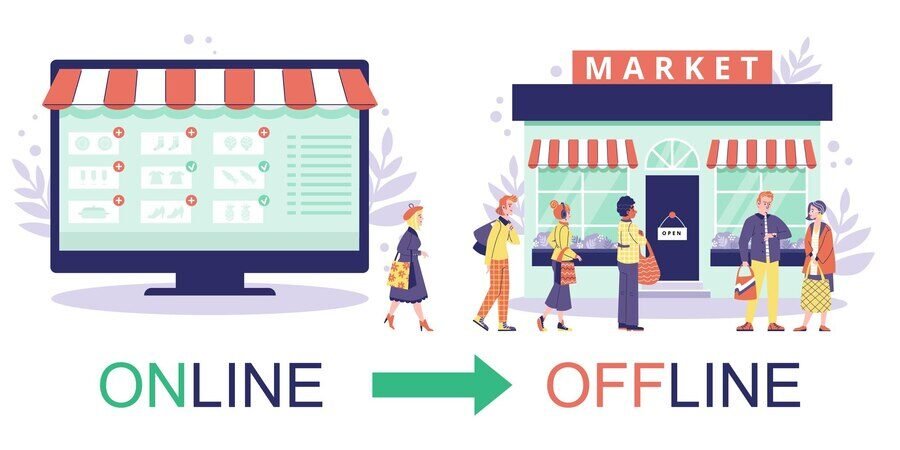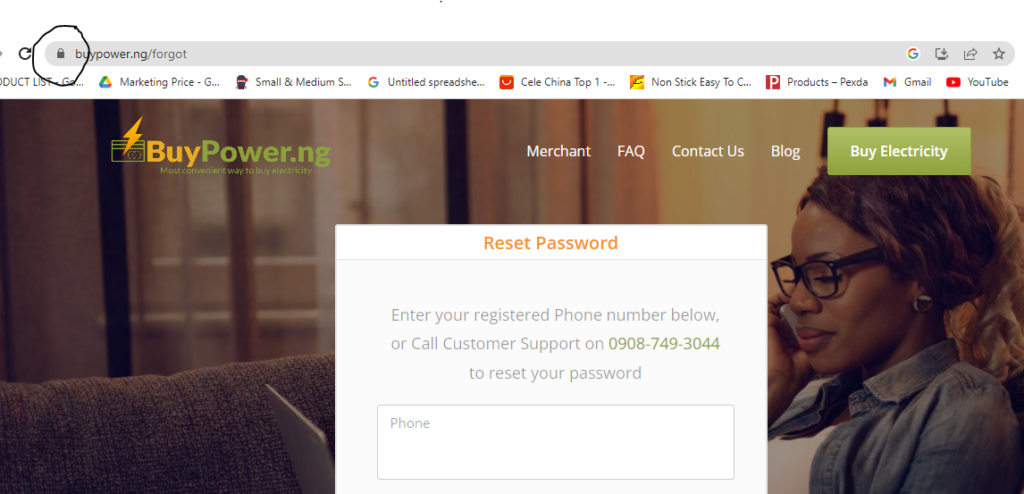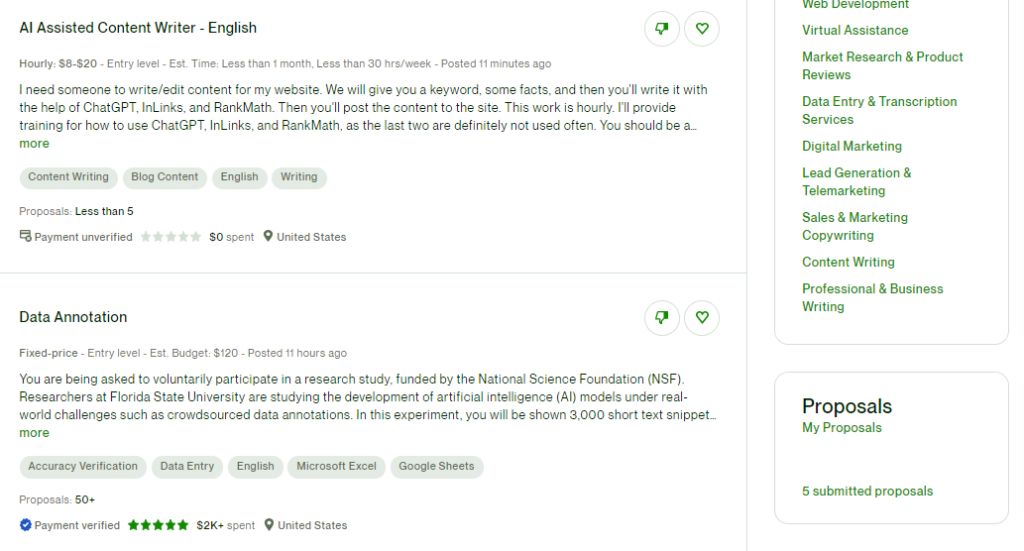10 Common Mistakes Skilled Professionals Make When Growing your business Online (And How to Avoid Them)
As a skilled professional, you’ve spent years honing your craft (whether it’s hair styling, barbing, catering, or plumbing). Now, you’re ready to take your business to the next level by stepping into the online world. But here’s the truth: transitioning from offline to online can be tricky. Many talented professionals make mistakes that hinder their online success.
If you’re a hairstylist, caterer, or carpenter looking to harness the true power of the internet, this post is for you! Let’s look at 10 common mistakes skilled professionals make when going online and how you can avoid them to ensure your business thrives in the digital space.
1. Failing to Identify a Clear Online Goal
One of the biggest mistakes is not defining what success looks like for your online presence. Are you trying to gain clients, share your expertise, or sell products? Without a clear goal, you’ll be lost in the sea of content online.
Solution:
Before going online, identify specific goals like:
- Gaining a certain number of clients.
- Building brand awareness.
- Selling a specific product (e.g., eBooks or courses).
Having a clear and measurable goal will guide your strategy and help you track progress.
2. Ignoring the Power of Personal Branding
Many skilled professionals make the mistake of thinking they don’t need personal branding. The truth is, that your unique personality and expertise are your most valuable assets online.
Solution:
Develop a personal brand that highlights who you are, what you do, and why you do it. Share behind-the-scenes content, client testimonials, and stories that show your authenticity. Your audience wants to connect with you, not just your service.
3. Not Leveraging Social Media Effectively
Social media is more than just a platform to share photos or thoughts. Many professionals simply post sporadically and don’t have a content plan. This makes it difficult to grow a meaningful following.
Solution:
Create a social media content plan to post regularly about:
- Tips and tricks in your area of expertise.
- Success stories or client reviews.
- Educational content that teaches your audience how they can benefit from your skills.
Be sure to use platforms that your target audience spends the most time on (Instagram, Facebook, TikTok, etc.).
4. Failing to Build an Online Portfolio or Website
Not having an online portfolio or website is a huge missed opportunity. A website or a digital portfolio makes it easier for potential clients to find you, understand your offerings, and trust your professionalism.
Solution:
Build a simple website or portfolio that:
- Showcases your work (photos, testimonials, before/after images).
- Includes a contact form for easy communication.
- Provides clear information about your services and prices.
Invest in a basic website to make it easy for clients to find you online.
5. Overlooking the Importance of Search Engine Optimization (SEO)
If you’re not optimizing your content for search engines, your potential clients won’t find you. Many professionals overlook SEO, assuming social media alone will drive enough traffic.
Solution:
Optimize your website and content with keywords that your target audience is likely to search for, such as:
- “How to grow my hair styling business online”
- “Plumbing tips for homeowners”
- “Catering services in [your city]”
Include these keywords in your blog posts, website pages, and social media posts to rank higher in search engines.
6. Not Using Visual Content Effectively
A picture is worth a thousand words, and for skilled professionals, visual content is key. People want to see the results of your work.
Solution:
Post high-quality images and videos of your work:
- Showcase your haircuts, cakes, or plumbing installations.
- Record time-lapse videos of your work process.
- Share customer testimonials through video to build trust.
Make sure your visuals are well-lit and professionally presented to stand out.
7. Not Engaging with Your Audience
Many professionals think that simply posting content will be enough. But without engagement, you’re missing out on the opportunity to build relationships with potential clients.
Solution:
Engage with your followers:
- Respond to comments and messages promptly.
- Ask questions in your posts and stories.
- Run polls, quizzes, and Q&A sessions to spark conversations.
By being active in the comments and responding to direct messages, you’ll build a loyal community around your brand.
8. Underestimating the Power of Email Marketing
Email marketing is one of the most effective ways to convert leads into clients, yet many skilled professionals neglect it. You may have followers, but if they aren’t on your email list, you’re missing out on nurturing those relationships.
Solution:
Create a lead magnet (like a free guide or checklist) that people can download in exchange for their email address.
Then, send regular emails offering value, such as:
- Exclusive offers or discounts.
- Educational content or tips.
- Personal updates and behind-the-scenes insights.
9. Not Tracking Analytics
You can’t improve what you don’t measure. Many professionals don’t track their online performance, which makes it impossible to know what’s working and what isn’t.
Solution:
Use tools like Google Analytics, Instagram Insights, or Facebook Analytics to track:
- Website traffic and conversions.
- Social media engagement.
- Email open rates and click-through rates.
By analyzing these metrics, you can adjust your strategy and focus on what brings the best results.
10. Expecting Quick Success
Going online and achieving success doesn’t happen overnight. Many skilled professionals expect immediate results, which leads to frustration and inconsistency.
Solution:
- Be patient and consistent. It may take time to build a strong online presence, but by sticking with it, you’ll see results.
- Focus on creating value, building relationships, and continuously improving your online skills.
Conclusion
By avoiding these common mistakes, you can effectively leverage the power of the internet to grow your skilled profession into a thriving online business. Whether you’re a hair stylist, plumber, or caterer, the digital world is full of opportunities if you take the right approach.
Remember to set clear goals, optimize your content for SEO, and engage with your audience consistently. It takes time and effort, but with dedication, you can turn your offline skills into a successful online business.
Call to Action
If you’re ready to take your business online and need guidance, sign up for our free weekly webinar where we discuss strategies to grow your online presence. Or, download our free eBook on “10 Steps to Transform Your Skills into a Profitable Online Business.”


